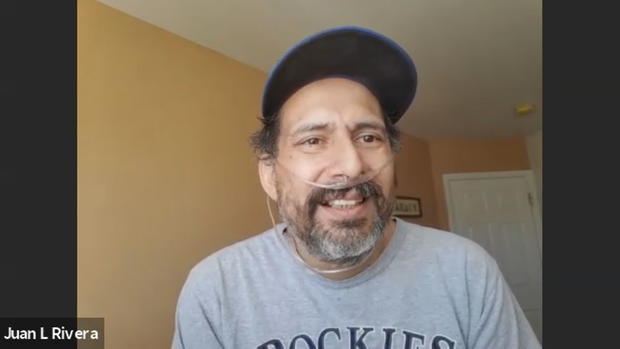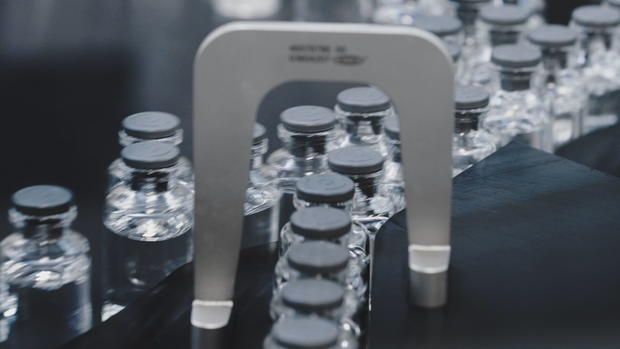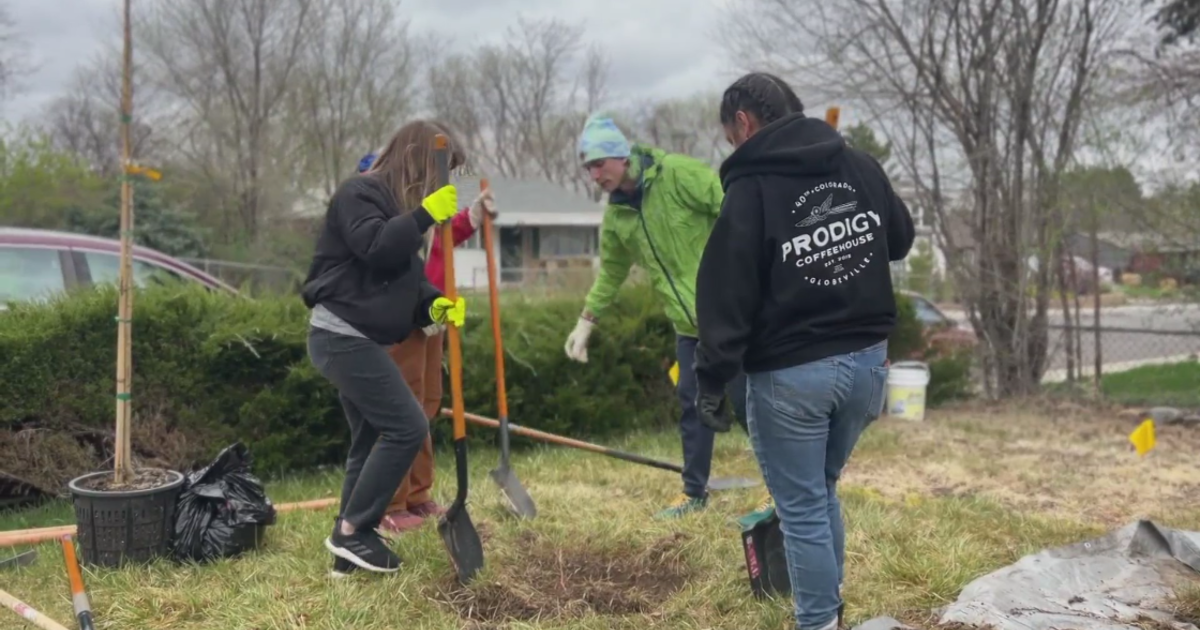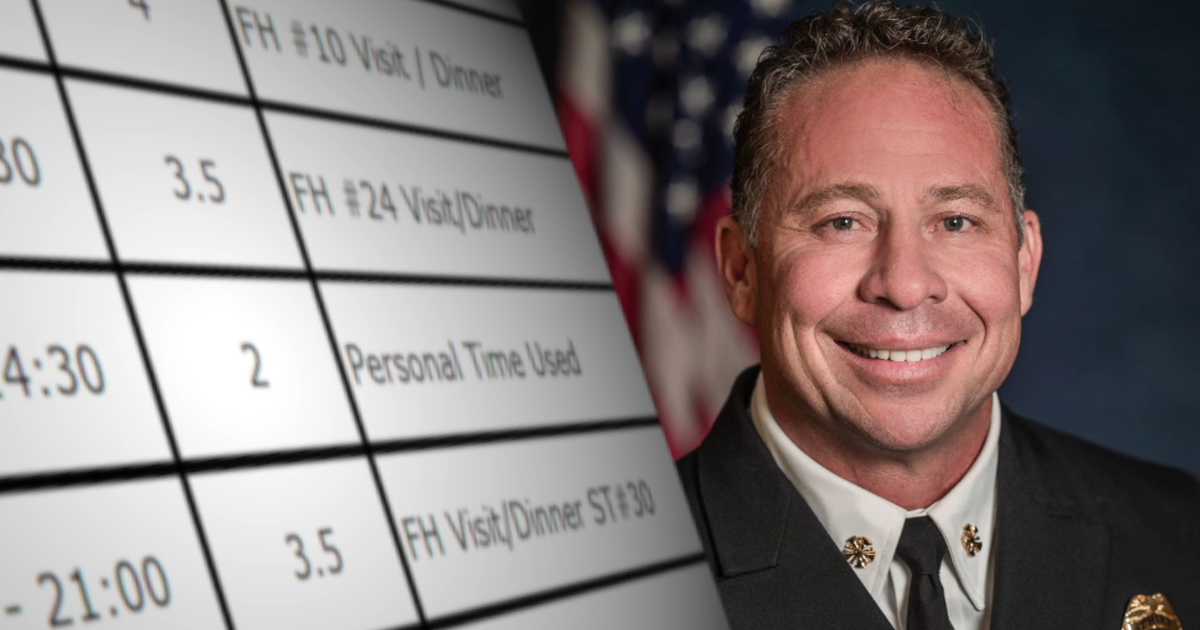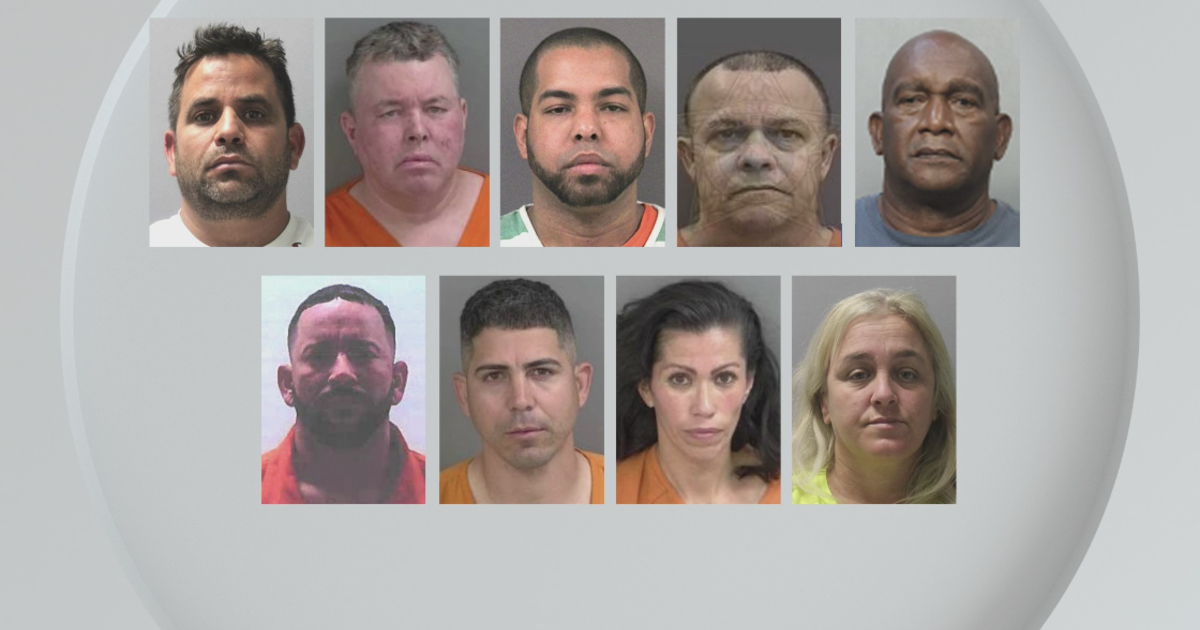What Does Remdesivir, Possible Treatment For Coronavirus, Do?
DENVER (CBS4) – The Food and Drug Administration is ready to approve a treatment for the coronavirus. It's a drug called Remdesivir, made by Gilead Sciences Inc.
The drug has been in trial testing in a couple of Colorado hospitals, and Colorado COVID-19 patients have been agreeing to be a part of the trial. Juan Rivera, of Commerce City, was one of them.
"Were you fearful in the hospital?" asked CBS4's Alan Gionet.
"You know, I was, to be honest," Rivera responded.
Rivera, who works in construction, has no idea how he got the virus. He works solo in the office much of the time. Soon after his arrival, doctors at UCHealth University of Colorado Hospital asked if he wanted to be part of a drug trial. That made him wonder.
"Is it going to work, is it going to make me worse? And so I asked my sister who was a pharmacy tech 'Have you heard about this?'"
The symptoms of COVID-19 vary widely and Rivera would suffer one brutal symptom one day, another the next; fever, body aches, headaches. His troubles with breathing were not as bad as many. But he knew the potential loomed.
"They said you can go to a ventilator or you can go home and I was like I want to go home, I don't want to be on a ventilator."
His sister's advice was to get on the trial. So, a day after he arrived at the hospital he signed on. Remdesivir trials have been underway at at least two Colorado hospitals, UCHealth University of Colorado Hospital and Denver Health Medical Center.
"Do you think the drug is working?" Gionet asked Dr. Connie Price, the Chief Medical Officer at Denver Health Medical Center.
"I think so, all early indications are that it is, and we need more data," Price responded. "It prevents the virus from getting into the cell and replicating."
Remdesivir is not a new drug, but researchers are finding it has an ability to mess with attempt the virus makes to make copies and spread. Coronaviruses use an unusual process in which the RNA codes its own enzyme. As the virus constructs that RNA chain, the drug seems to effectively fool the virus' enzyme into putting a substitute link in that chain. The next piece in that chain cannot attach, which interrupts the RNA's process, essential for making more viruses.
"Oh yes, yes, very exciting," explained University of Colorado Professor Emeritus Dr. Kathryn Holmes, about the drug's results.
Holmes worked for years studying the SARS virus, which is also a coronavirus. One of the trials with remdesivir looks at the course of treatment. It found a five day course of treatment is as effective as a 10 day course. That means, Holmes pointed out, that drug stockpiles can go further. People most at risk she believed might be prioritized. While there's no research to yet show it, Holmes noted it's a good question as to whether treatment with Remdesivir may ultimately work best when delivered early, much like the popular Tamiflu drug works on flu. Keeping the viral dose and load down may be key to allowing the body a chance to gear up its own immune response. The trials were so successful, NIH infectious disease expert Dr. Anthony Fauci said, "Whenever you have clear cut evidence that a drug works, you have an ethical obligation to immediately let the people who are in the placebo group know so they can have access and all of the other trials in place now have a new standard of care. So we would have normally waited several days till the data get further, but the data are not going to change, some of the numbers may change a little, but the conclusion ... will not change."
Juan Rivera felt things improving after a few days. "Probably like midway through my stay at the hospital, I felt comfortable. I could get up," Rivera recalled.
"As days were going on… I could walk around, I could have some movement. I think it did help because it made my stay short."
Rivera spent 11 days in the hospital. This week, he went home to his wife and children in Commerce City. He's still on supplemental oxygen and self-isolating, but seems to be well on the way to recovery.
"You know, being able to help myself, but at the same time being able to be at a trial that's going to help other people," Rivera said.
If you have a Good Question for CBS4's Alan Gionet, you can email it to goodquestion@cbsdenver.com or post them to CBS4's social media sites with the hashtag #4GoodQuestion. He will try to report on as many as he can.
